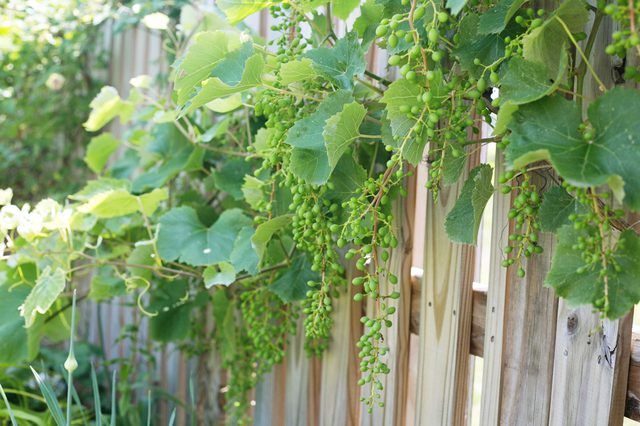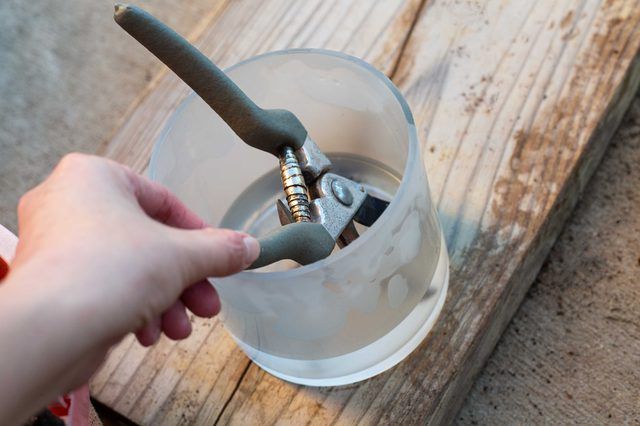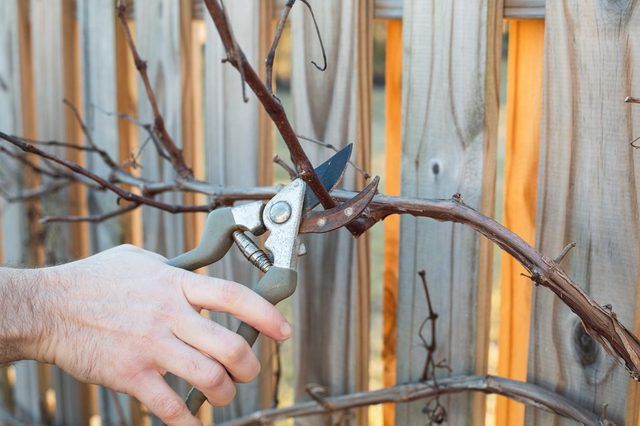Bulbs
Flower Basics
Flower Beds & Specialty Gardens
Flower Garden
Garden Furniture
Garden Gnomes
Garden Seeds
Garden Sheds
Garden Statues
Garden Tools & Supplies
Gardening Basics
Green & Organic
Groundcovers & Vines
Growing Annuals
Growing Basil
Growing Beans
Growing Berries
Growing Blueberries
Growing Cactus
Growing Corn
Growing Cotton
Growing Edibles
Growing Flowers
Growing Garlic
Growing Grapes
Growing Grass
Growing Herbs
Growing Jasmine
Growing Mint
Growing Mushrooms
Orchids
Growing Peanuts
Growing Perennials
Growing Plants
Growing Rosemary
Growing Roses
Growing Strawberries
Growing Sunflowers
Growing Thyme
Growing Tomatoes
Growing Tulips
Growing Vegetables
Herb Basics
Herb Garden
Indoor Growing
Landscaping Basics
Landscaping Patios
Landscaping Plants
Landscaping Shrubs
Landscaping Trees
Landscaping Walks & Pathways
Lawn Basics
Lawn Maintenance
Lawn Mowers
Lawn Ornaments
Lawn Planting
Lawn Tools
Outdoor Growing
Overall Landscape Planning
Pests, Weeds & Problems
Plant Basics
Rock Garden
Rose Garden
Shrubs
Soil
Specialty Gardens
Trees
Vegetable Garden
Yard Maintenance
How to Prune a Grape Vine
How to Prune a Grape Vine. Because grapevines (Vitis spp.) tend to grow so vigorously, pruning back your grapevine may seem like a daunting prospect. The fact that grapes, hardy from U.S. Department of Agriculture plant hardiness zones 2 through 10, are so vigorous will work to your advantage when you prune your vine, however. In other words,...
Because grapevines (Vitis spp.) tend to grow so vigorously, pruning back your grapevine may seem like a daunting prospect. The fact that grapes, hardy from U.S. Department of Agriculture plant hardiness zones 2 through 10, are so vigorous will work to your advantage when you prune your vine, however. In other words, messing up the project is difficult; if you cut back too much, you can fix that mistake the following year. The only real problem to worry about is cutting the vine too early in the season, which can damage it.

The time to prune a grapevine is when it is dormant -- in the cold months of the year, after its leaves have fallen. If your area is not prone to freezing, then it's OK to prune anytime during the dormant season. If you are in an area that has hard frosts or freezing temperatures, then don't prune until the coldest part of winter passes, typically in February or March. If you cut too early, freezing temperatures that occur afterward can damage the buds from which fruits will grow.

When pruning, take the time to sterilize your pruning tools because doing so will help you avoid spreading pathogens from plant to plant. Sterilize your tools before pruning each plant. It's a common practice to wipe pruning tools with a rag soaked with a solution that is one part bleach and nine parts water, or to wipe them with a rag soaked with 70 percent isopropyl alcohol. Lysol or a similar household cleaner with the active ingredient dimethylbenzylammonium chloride can be used instead, however, and is less corrosive to tools than some other disinfectants. A pair of hand pruners should be sufficient for most grapevine pruning, though you might need larger loppers for the thickest, woodiest growth.

A new grapevine should be pruned vigorously right off the bat. Select your new grapevine's thickest upright shoot as its primary vertical shoot. Locate three shoots growing in an alternating fashion from the primary vertical shoot, and cut those three shoots at about a 45-degree angle, leaving about 1 inch of each one sticking out from the primary vertical shoot. The 1-inch remainder of each of those shoots is called a bud. This pruning technique gives just those three buds the space to grow. So cut the rest of the grapevine's shoots so that they're flush with the primary vertical shoot. When the three buds form longer shoots, choose the most vigorous-looking one, and tie it to a vertical stake adjacent to the primary vertical shoot, which is now the trunk. Cut back the shoots that grew from the other two buds to make them flush with the trunk. Afterward, the shoot that you tied has space and ample nutrients to grow. When that tied shoot -- sometimes called a cane -- reaches the height of the grapevine trellis' 30-inch-high horizontal wire, select two strong shoots growing horizontally from that cane, and tie them to the horizontal trellis. All other shoots should be cut flush with their canes.

Because fruits grow on the canes that are 1 year old, pruning a grapevine every year is necessary to ensure a harvest. As when you establish your grapevine, the goal with an older vine is to create a T shape, with new canes stretching across the horizontal trellis wire. In early spring, find the most vigorous-looking new canes growing horizontally from the grapevine's trunk, ideally with each cane about the thickness of your smallest finger and having eight or 10 buds. Select one cane on each side of the trunk to tie to the trellis wire. Everything else should be cut away. If you use a two-wire trellis system, with the second horizontal wire 30 inches above the first wire, then allow the grapevine's trunk to grow upward toward the second wire, and then eventually cut and tie another T-shaped set of canes to the higher wire.
